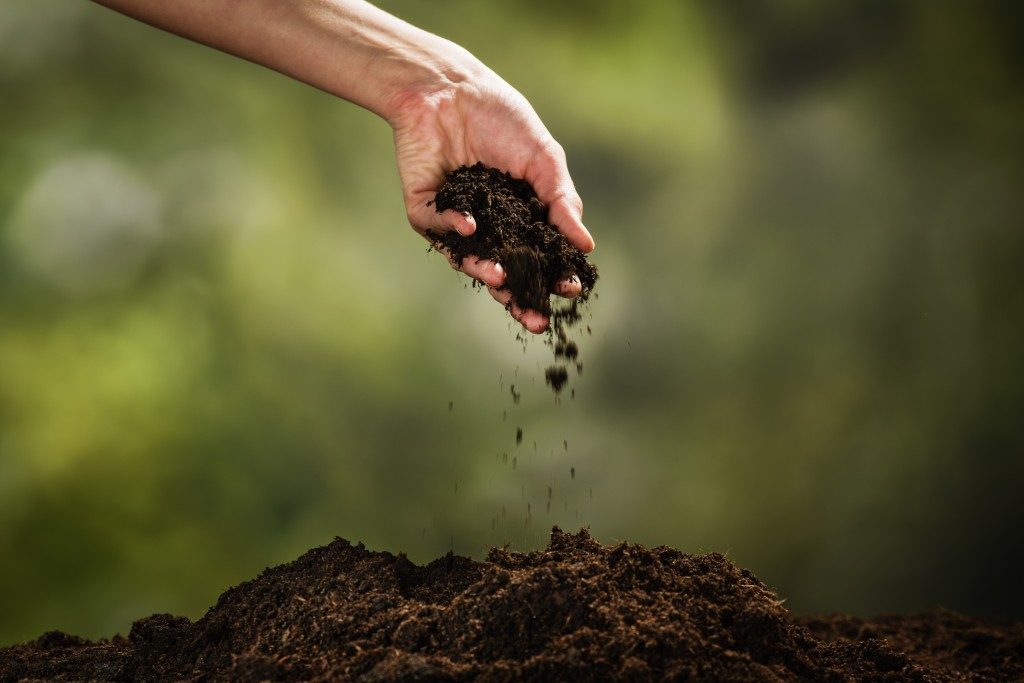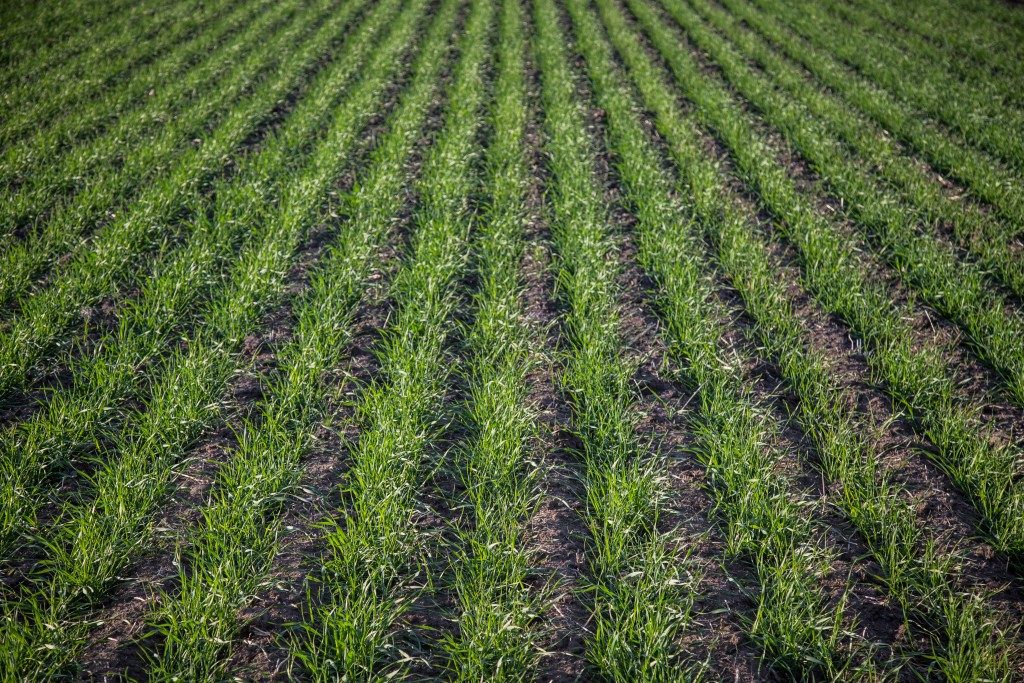Crop yields are essential to every farmer’s daily life. They are one of the major factors that affect how profitable a farmland can be. While global crop yield rates are increasing thanks to advanced technologies, there are still issues keeping many farmers from maximizing their crop yields.
Here are some of those issues and tips on how to overcome them.
Low-yielding soil
As farmers, the world depends on our agricultural practices to put food on every table. But even though we are all dependent on agriculture, it still has adverse effects on the planet itself. In fact, one third of Earth’s land has been severely degraded by agriculture, and we are losing fertile soil at the rate of 24 billion tons a year.
The deteriorating soil quality around the world lowers crop yields and crop quality, and worsens the uncertainty of harvest. The increasing use of chemicals in agriculture is often connected with this issue, with some scientists even likening the use of chemical fertilizers to people’s overuse of antibiotics, in that it works for sometime, but does not leave enough beneficial soil organisms to cling to the nutrients.
Humic substances, such as humic acid, are essential to soil fertility and the nutrition of your crops. So, whenever you use synthetic fertilizers instead of these substances, you are causing your soil quality to deteriorate further.

Soil pathogens
Soilborne diseases that usually require soil fumigation can greatly diminish your crop yields. For one, fungi cause soilborne diseases among vegetables, and they produce resistant chemical structures that enable them to survive for long periods of time. Crops that were grown in tillage-intensive environments are at risk for diseases because fragmenting, burying, and moving operations tend to redistribute pathogens.
Utilizing water poorly
The diminishing supply and quality, and higher costs of water are a growing concern among farmers. Especially in western United States, state legislators regularly impose water restrictions on farmers due to persistent drought. These restrictions impact your crop yields negatively. Considering that a lot of people around the world lack access to clean water, you need to invest in sustainable and efficient farming practices to best utilize water.

Improving your crop yield
Soil testing should be at the top of your list for improving your crop yield, as the quality of your soil and its needs directly influence the growth and yield of your crops. Examine the potassium, phosphorus, and fertilization levels of your soil to gain insight on how to handle the crops you are planting. Soil testing lets you know when the proper soil conditions form, including the optimal density and the right amount of nutrients, so you would know the optimal time to start planting.
Having quality seeds is crucial to increase crop yields. Use hybrid seeds that naturally tend to grow faster and with greater efficiency. Plant your quality seeds as early as you can once the field is ready, so you can take advantage of favorable soil conditions. Invest in farm machinery upgrades to plant and care for your crops efficiently.
Planting recurring crops may affect your farm’s overall yield, so practice seasonal rotation instead. Planting an alternative crop lets you diversify the demands on the soil, which often results in crops that yield more and continually produce each year.
Always be on the lookout for new techniques and technologies, and do not hesitate to come up with your own methods to improve your yield. You reap what you sow, so be smart about investing in practices and equipment to get the most out of your crop yield.

